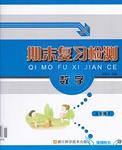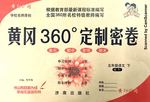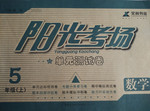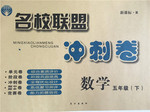题目内容
The world today _____ different without the amazing discoveries produced by great scientists.
A. were B. had been
C. would be D. would have been
C
【解析】
试题分析:考查时态与体态分析。A. were一般过去式;B. had been过去完成式;C. would be过去将来式;D. would have been将来完成式。句意:当今世界如果没有伟大科学家那些惊人的发现将会是完全不同的。the amazing discoveries是指过去发生的事实,结合句意,这里是指从过去看现在,故用过去将来时。故选C。
考点:考查时态与体态分析。

练习册系列答案
 期末复习检测系列答案
期末复习检测系列答案 超能学典单元期中期末专题冲刺100分系列答案
超能学典单元期中期末专题冲刺100分系列答案 黄冈360度定制密卷系列答案
黄冈360度定制密卷系列答案 阳光考场单元测试卷系列答案
阳光考场单元测试卷系列答案 名校联盟冲刺卷系列答案
名校联盟冲刺卷系列答案
相关题目